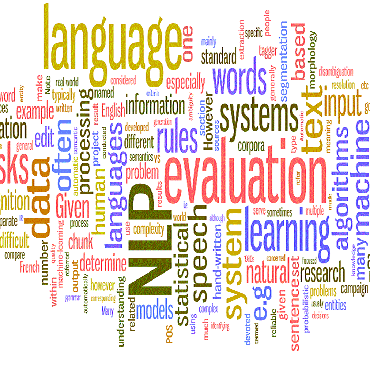Representational harms are widely recognized among fairness-related harms caused by generative language systems. However, their definitions are commonly under-specified. We present a framework, grounded in speech act theory (Austin, 1962), that conceptualizes representational harms caused by generative language systems as the perlocutionary effects (i.e., real-world impacts) of particular types of illocutionary acts (i.e., system behaviors). Building on this argument and drawing on relevant literature from linguistic anthropology and sociolinguistics, we provide new definitions stereotyping, demeaning, and erasure. We then use our framework to develop a granular taxonomy of illocutionary acts that cause representational harms, going beyond the high-level taxonomies presented in previous work. We also discuss the ways that our framework and taxonomy can support the development of valid measurement instruments. Finally, we demonstrate the utility of our framework and taxonomy via a case study that engages with recent conceptual debates about what constitutes a representational harm and how such harms should be measured.
翻译:暂无翻译








